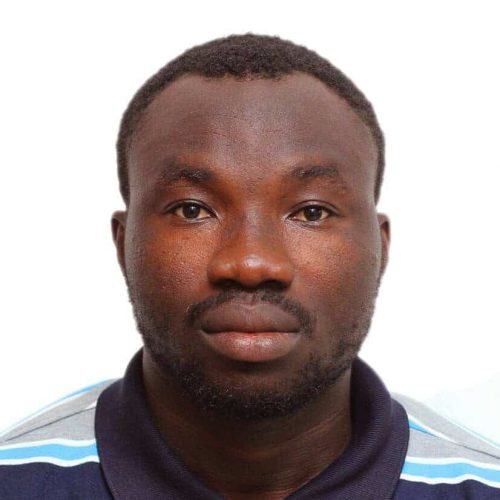Determining whether histidine rich protein gene deletions causing negative HRP2 RDT results among symptomatic patients with confirmed P. falciparum malaria have reached a threshold for change in diagnostic strategy


The use of malaria RDTs was not as common in the late 1990s as it is presently and the possibility of parasites with deletions in the Pfhrp2 gene expanding and spreading globally is a big concern for local National Malaria Control Programs (NMCPs) as well as the World Health Organization (WHO). The WHO has recently suggested that HRP2 based malaria diagnostic test kits should not be used in areas where the prevalence of Pfhrp2 deletant parasites is 5% or more. This thus makes surveillance on prevalence and distribution of parasites with Pfhrp2 deletions a top priority for the NMCP.
The overall objective of this study was to determine whether the local prevalence of mutations in the P. falciparum pfhrp2/3 genes had reached a threshold that might require a local or national change in diagnostic strategy. The specific objectives were to:
- Measure the prevalence of apparent false-negative HRP2 RDT tests among symptomatic patients attending public health facilities with P. falciparum infection detected by a pLDH RDT (CareStart™ Malaria HRP2/pLDH (Pf/PAN) COMBO)
- Detect the frequency of pfhrp2/3 gene deletions in that cohort.
- Determine the apparent false-negative HRP2 RDT results for pfhrp2/3 gene deletions in different settings.
- Identify regions that are at or above the 5% prevalence threshold of pfhrp2 gene deletions for reconsideration of malaria diagnostic strategy.
Very low prevalence of P. falciparum with Pfhrp2 exon 2 gene deletions circulating in symptomatic malaria patients
Continuous sample collection and processing



